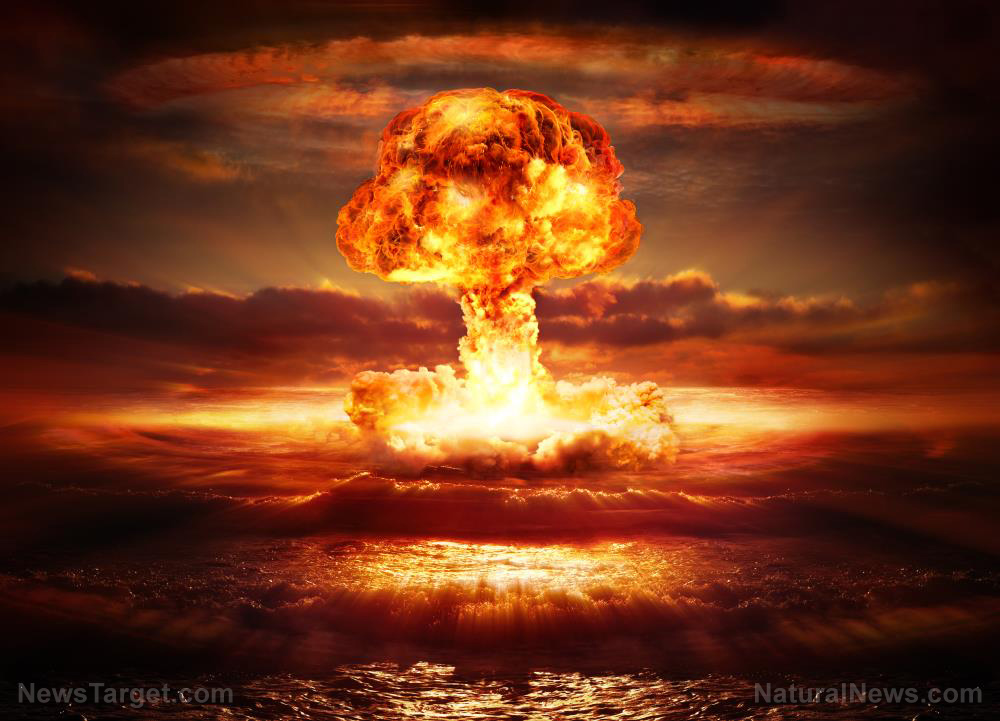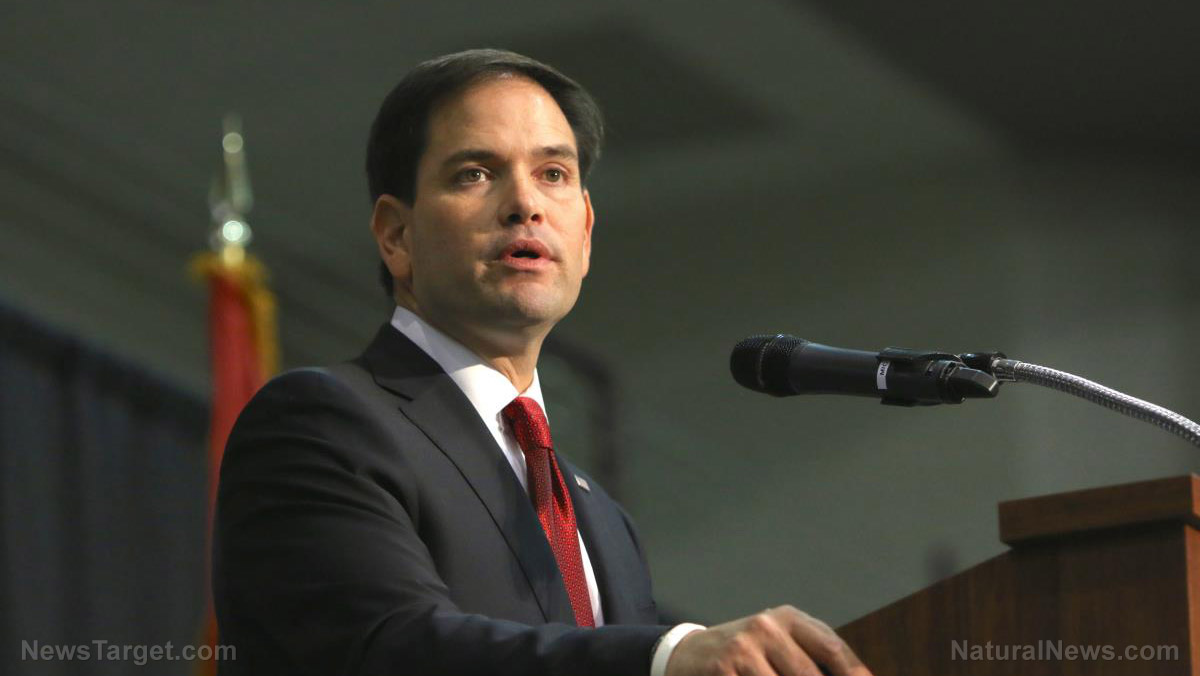Pakistan’s nuke threats stir fear amid Kashmir clash with India
04/28/2025 / By Cassie B.

- A terrorist attack in Kashmir killing 26 people has sharply escalated tensions between nuclear-armed India and Pakistan, raising fears of war.
- Pakistani officials have issued stark nuclear threats, warning India of retaliation if provoked, including stopping water under the Indus Waters Treaty.
- India, backed by the U.S. as a counter to China, has vowed strong action, expelling Pakistani diplomats and suspending the treaty, worsening diplomatic ties.
- The crisis risks uncontrolled escalation, with both nations possessing nuclear arsenals and Pakistan’s rogue militant factions potentially acting independently.
- The conflict threatens regional stability, with millions in Kashmir living under military control and China’s strategic involvement further complicating the situation.
The recent terrorist attack in Indian-administered Kashmir that killed 26 people, including tourists and a Nepalese national, has escalated tensions between nuclear-armed rivals India and Pakistan to levels not seen in years.
Pakistani officials have threatened military retaliation and nuclear war, while India, a key U.S. democratic ally, has vowed decisive action. The conflict now risks destabilizing South Asia and reshaping global alliances as the U.S. weighs its role in countering China’s expansion.
Nuclear threats from Pakistan
Pakistani Railways Minister Hanif Abbasi escalated rhetoric on Sunday, reminding India of Pakistan’s 130 nuclear warheads and stating they are “not for display.” “I say it again, these ballistic missiles, all of them are targeted at you,” he declared.
This followed the government’s explicit warning that stopping water flows under the suspended Indus Waters Treaty would constitute an “act of war” and prompt full-scale conflict. Defense Minister Khawaja Asif added ominously that Pakistan “will meet any aggression with firm reciprocal measures in all domains.”
The threats cap a week of escalating diplomatic and military moves. After the April 22 attack claimed by the Pakistan-linked Resistance Front, India expelled Pakistani diplomats, closed its land border, and suspended the 65-year-old Indus Waters Treaty in a move Pakistan has condemned as a violation of international law. Indian officials called the attack a premeditated act of aggression, with two suspects identified as Pakistani nationals.
India considered a critical bulwark against China’s dominance
India’s strategic importance to the U.S. has never been clearer. Prime Minister Narendra Modi has positioned New Delhi as a frontline state against China’s geopolitical ambitions, making it a crucial partner in the Indo-Pacific. U.S. officials have publicly backed India’s response to terrorism, with Deputy National Security Advisor Ned Price acknowledging Trump administration support for a “deepened” U.S.-India partnership.
“The United States encourages all parties to work toward a responsible resolution,” stated a State Department spokesperson, while avoiding direct criticism of Pakistan. This stance aligns with India’s positioning as a counterweight to China, which has embedded itself in Pakistan through massive infrastructure investments and territorial claims in Kashmir.
The danger of nuclear escalation
Both nations’ possession of nuclear weapons amplifies the risks of miscalculation. Pakistan’s nuclear arsenal—hidden in mobile launchers—adds unpredictability to any conflict.
The 2019 border clash, which saw India bomb alleged militant camps in Pakistan, narrowly avoided escalation. But as troops exchange fire across Kashmir’s de facto border for the third consecutive night, regional experts fear a broader conflagration. Former Pakistani Army Gen. Talat Masood admitted rogue elements within Pakistan’s militant networks may be acting independently, defying military leadership’s warnings of restraint.
The suspension of the Indus Waters Treaty deepens existential risks. Feeding over 200 million agricultural dependents, the treaty’s collapse could cause humanitarian disasters. Pakistan has threatened to treat water restrictions as an “act of war,” raising stakes for regional food and security systems.
Simultaneously, China’s shadow looms. Beijing supplies Pakistan’s ballistic missile programs and disputes Indian control over parts of Kashmir, positioning itself as a mediator. However, its alignment with Islamabad risks drawing the U.S. into brokering a delicate truce with high stakes.
The human cost
Kashmir’s population of 12 million lives under heavy military presence and internet blackouts. Indian policies since 2019, including property rights for non-Kashmiris, have drawn U.N. criticism for exacerbating bitterness. Yet, India defends its actions as necessary to combat terrorism, with militants like the Resistance Front targeting civilians and security forces.
A U.S.-backed India, spurred to defend its sovereignty, faces a Pakistan increasingly isolated yet dangerous. With nuclear arsenals and emotive geopolitical stakes, this crisis transcends borders, demanding urgent, cohesive global leadership to avert disaster. The only guaranteed casualty thus far? The fragile illusion of regional stability.
Sources for this article include:
Submit a correction >>
Tagged Under:
China, India, Kashmir, nuclear threats, Pakistan
This article may contain statements that reflect the opinion of the author
RECENT NEWS & ARTICLES
COPYRIGHT © 2017 COLLAPSE.NEWS
All content posted on this site is protected under Free Speech. Collapse.news is not responsible for content written by contributing authors. The information on this site is provided for educational and entertainment purposes only. It is not intended as a substitute for professional advice of any kind. Collapse.news assumes no responsibility for the use or misuse of this material. All trademarks, registered trademarks and service marks mentioned on this site are the property of their respective owners.




















